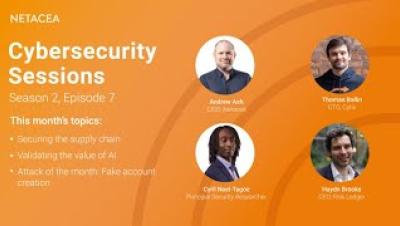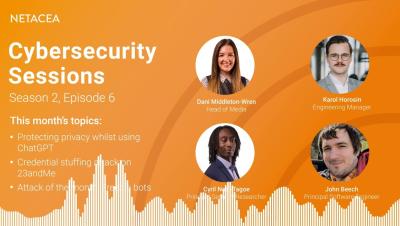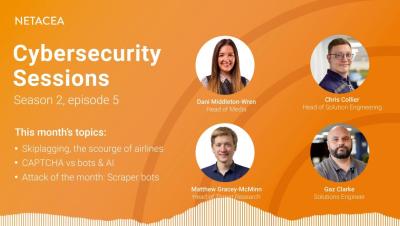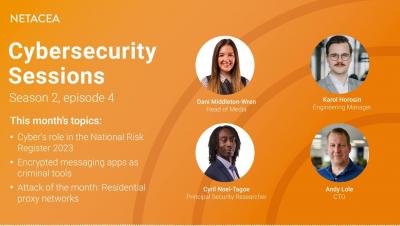Cybersecurity Sessions S03E03 - Stuart Seymour (Group CISO, Virgin Media O2)
In this insightful episode, Stuart Seymour, Group CISO and CSO at Virgin Media O2, joins Andrew Ash (CISO, Netacea) to discuss how his experience as a British Army Captain shaped his unique leadership style in cybersecurity. Stuart also shares his passion for building diverse, neurodiverse teams, drawing from his own experience with dyslexia. He dives into the growing importance of AI in SOCs and the complex challenges of navigating global cybersecurity regulations. A must-listen for anyone looking to understand the evolving role of a CISO in today's landscape.











